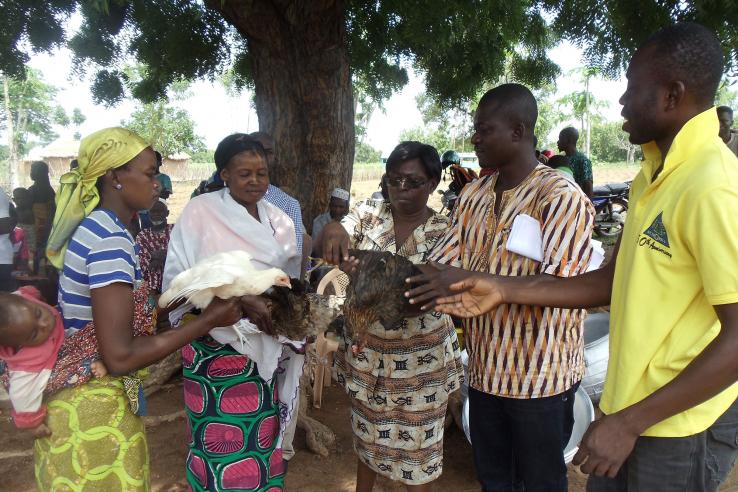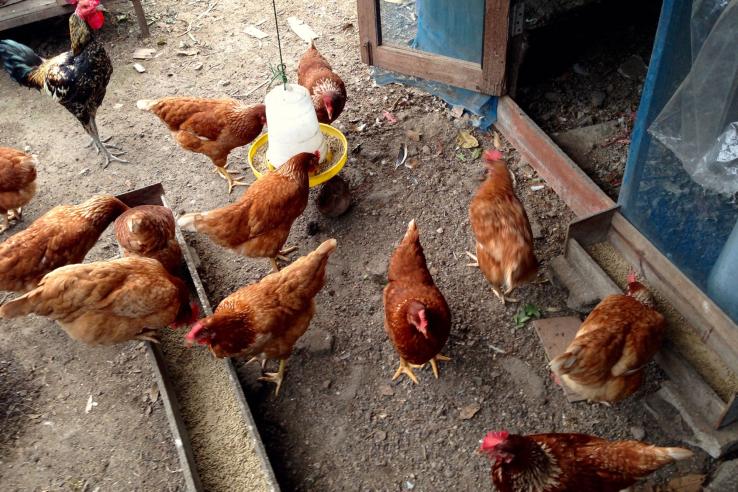Displaying 706 - 720 of 1291
Evaluation
Researchers conducted a randomized evaluation to test the impact of community-based development on political participation, public goods provision, and individual well-being in Ghana. They found that, although the community engagement program led to changes in local leadership, it was not an effective way to increase public goods provision or socioeconomic status.
Evaluation
Researchers evaluated a multi-faceted approach aimed at improving the long-term incomes of the ultra-poor. They found that the approach had long-lasting economic and self-employment impacts and that the long-run benefits, measured in terms of household expenditures, outweighed their up-front costs.
Evaluation
To test this theory, researchers in six countries evaluated a multi-faceted approach aimed at improving long term income of low-income households. They found that the approach had long-lasting economic and self-employment impacts and that the long-run benefits, measured in terms of household expenditures, outweighed their up-front costs. This evaluation summarizes the Honduras site, where an unexpected chicken illness destroyed most of participants’ program-related productive assets. Honduras was the only country where long-run benefits did not outweigh their up-front costs.
Evaluation
Researchers partnered with the two major political parties in Sierra Leone and conducted a randomized evaluation to test the impact of providing reliable information on potential candidates’ qualifications and sharing voter preferences with party officials during Parliamentary elections. More democratic selection procedures increased the likelihood that parties chose the candidate most preferred by voters by 23.9 percentage points, and favored candidates who had a stronger record of providing public goods.


